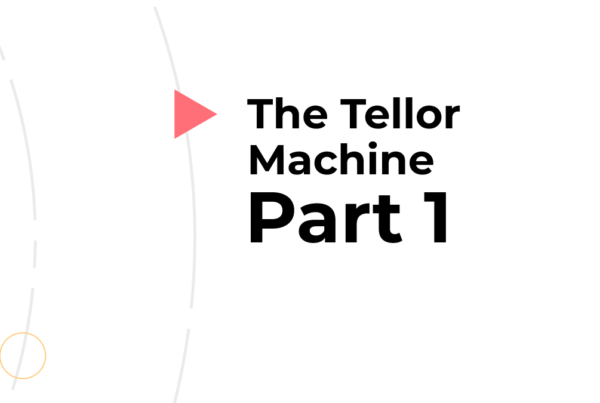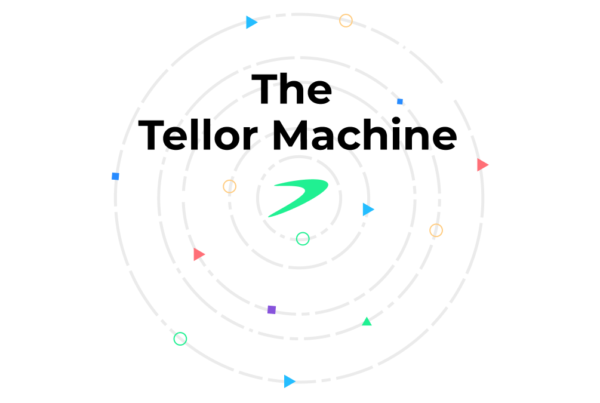For those of you just learning about decentralized finance, or DeFi, this article should give you a good idea of what this growing niche is trying to achieve as a sub-industry of blockchain.
“DeFi is essentially just conventional financial tools built on a blockchain — specifically Ethereum. They are mostly predicated on open-source protocols or modular frameworks for creating and issuing digital assets and are designed to confer notable advantages of operating on a public blockchain like censorship-resistance and improved access to financial services.”
The keywords of that definition to pay attention to are open-source, censorship-resistance, and access. The purpose of blockchain is to achieve freedom and accessibility of assets like money and data without having to entrust a central third party or government body who can potentially be corrupted and control things. That’s what it’s all about.
So where does Tellor fit into that mission?
Tellor is a decentralized oracle on Ethereum focused on trustlessness and censorship-resistant security.
What is a decentralized oracle and why does it matter?
You see, blockchains don’t have access to information that is not on-chain, aka, off-chain data. Not everything that a smart contract needs to execute lives on the chain it’s built on. Think of all the data that lives on the internet — not on-chain. When it comes to DeFi this typically means price data that is used by financial smart contracts to control key aspects of lending protocols, insurance contracts, stable coins, and derivatives. Here’s an example:

Let’s say you built a betting app on Ethereum that is essentially a smart escrow smart contract. Bob and Alice deposit ETH into this contract and make a bet on specific parameters of the BTC/USD price over the period of one month. Alice says the price at the end of the month will be above $10,000 and Bob says below. They lock ETH into the smart contract and at the end of the month, it automatically disperses the locked funds to the winner. Fantastic! No 3rd party escrow bank must be trusted to ensure the funds were fairly distributed to the rightful party. This seems like a small thing, but removing intermediaries in finance has huge implications on the freedom, accessibility, and privacy of these types of products. But wait….how did the smart contract know what the price of BTC/USD was? That information does not live on Ethereum. Usually, a major crypto exchange is used to reference that information, like Coinbase or Binance, and they have APIs that allow people to query that data.
An oracle is the thing that allows you to get that data into your smart contract. It either brings it on-chain for you to read from or pushes the data into your smart contract. Typically this is a third party service or something that you do yourself manually — both of these are centralized. And it’s important to be clear that using a centralized method for your oracle defeats the entire purpose of building a DeFi product. If the oracle was corrupted, it could game the system and manipulate that data or choose to censor it for its own financial gain. Decentralizing this process through which off-chain data gets used on-chain is critical to having a secure contract.
This is why we built Tellor; because applications built on Ethereum and other blockchains can’t achieve their core mission while relying on trusted third parties for key pieces of data.

If you want to learn more about how Tellor works please check out our 101 and our whitepaper. Join our community on telegram — https://t.me/tellor



